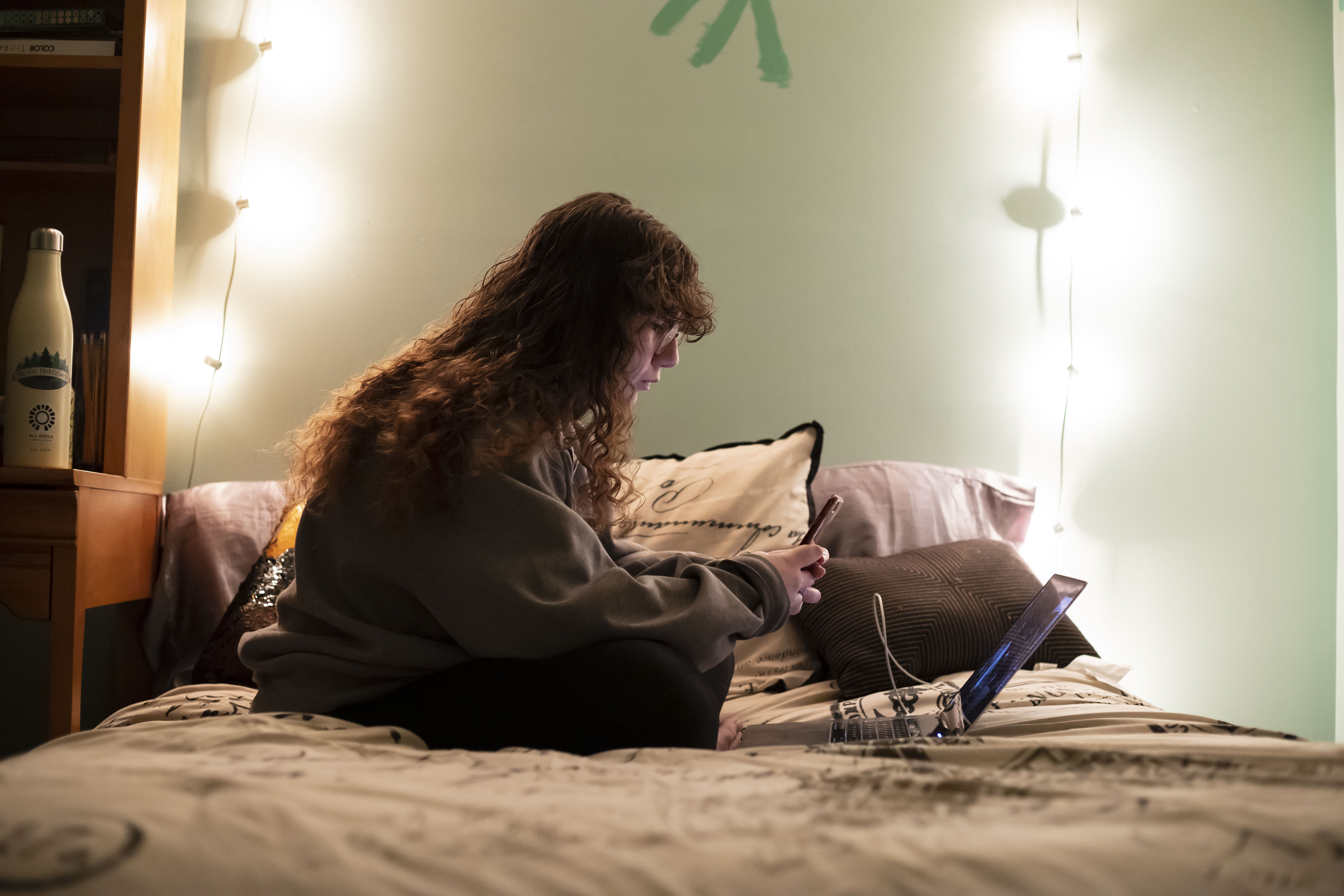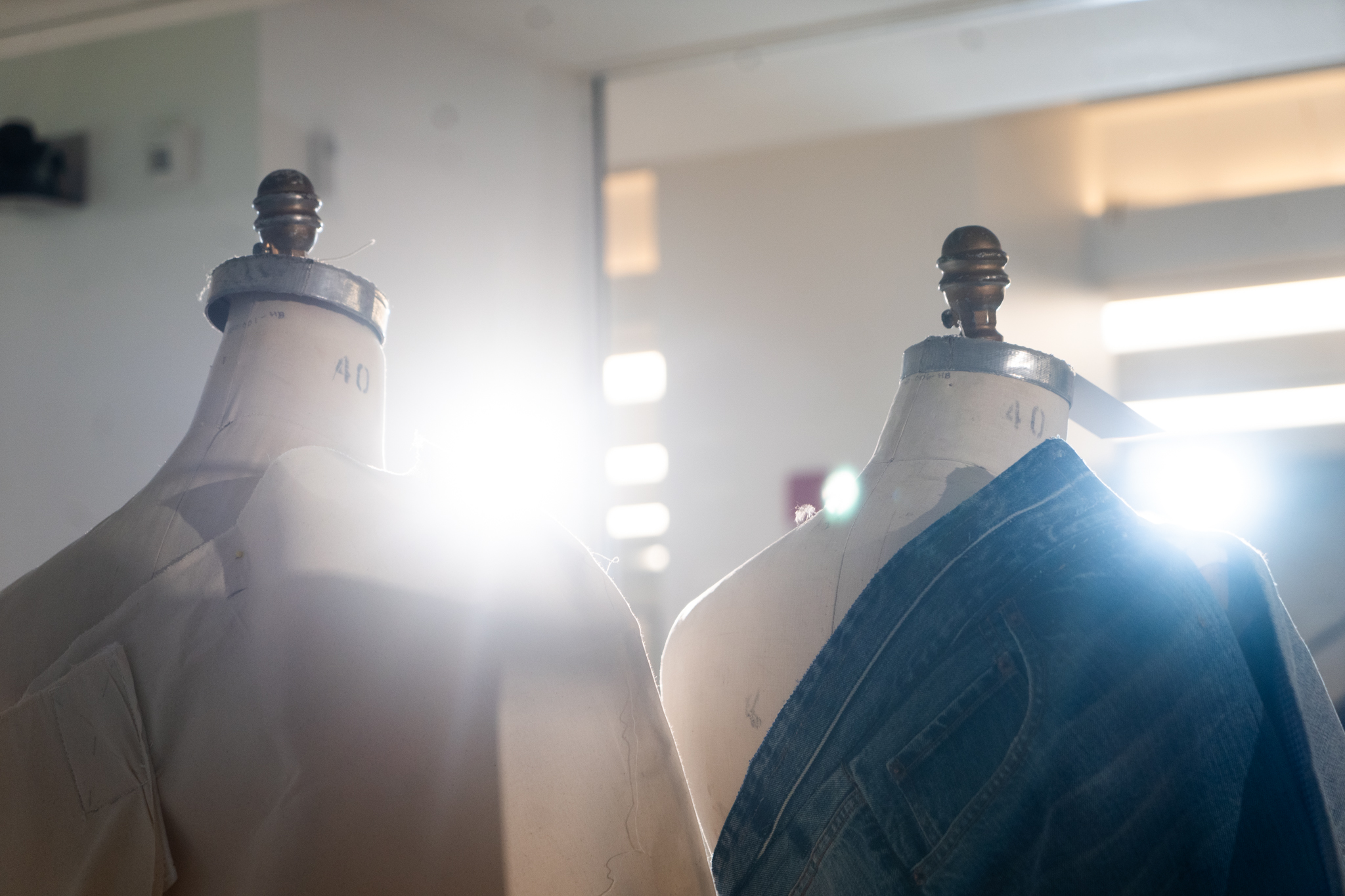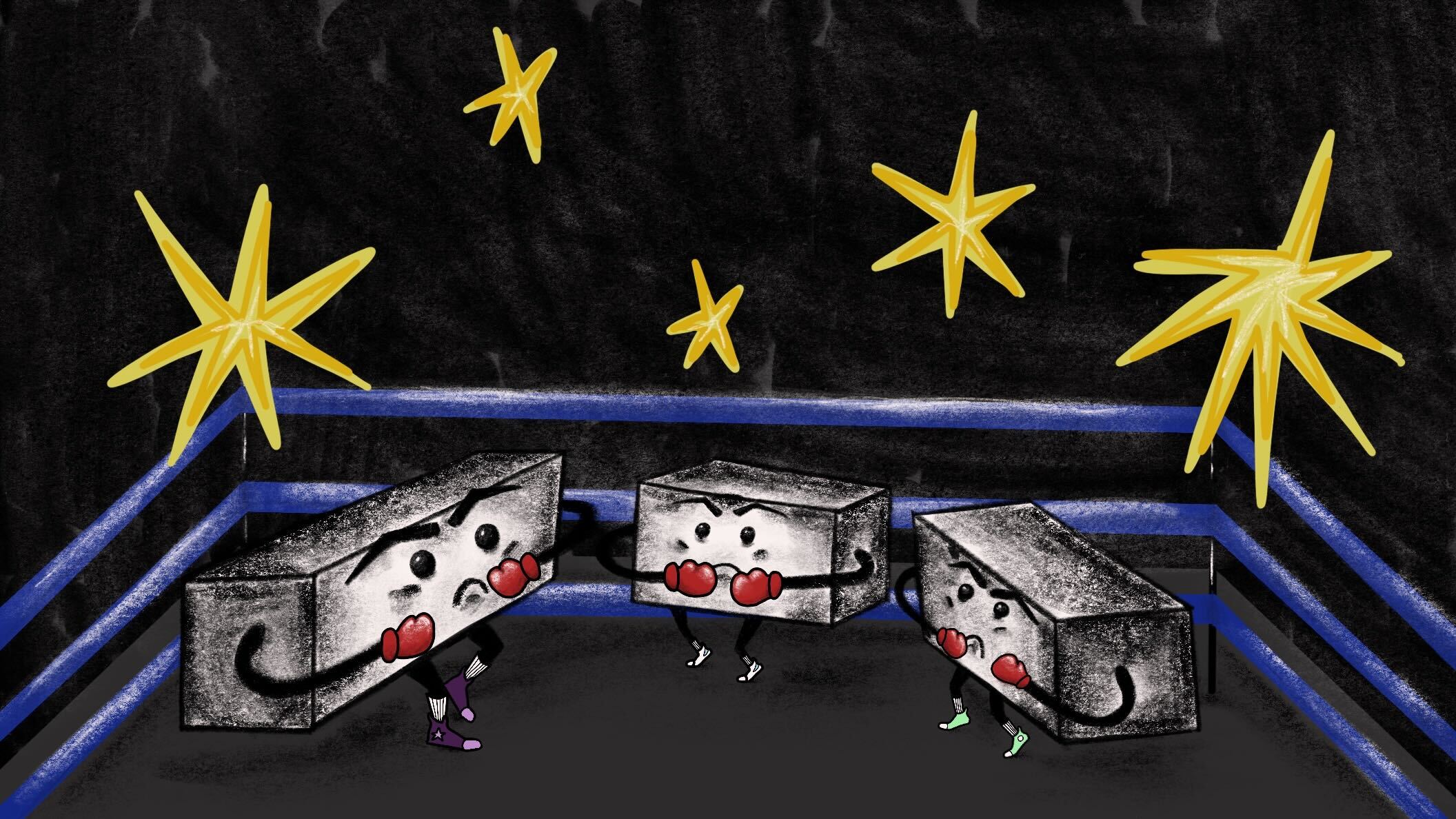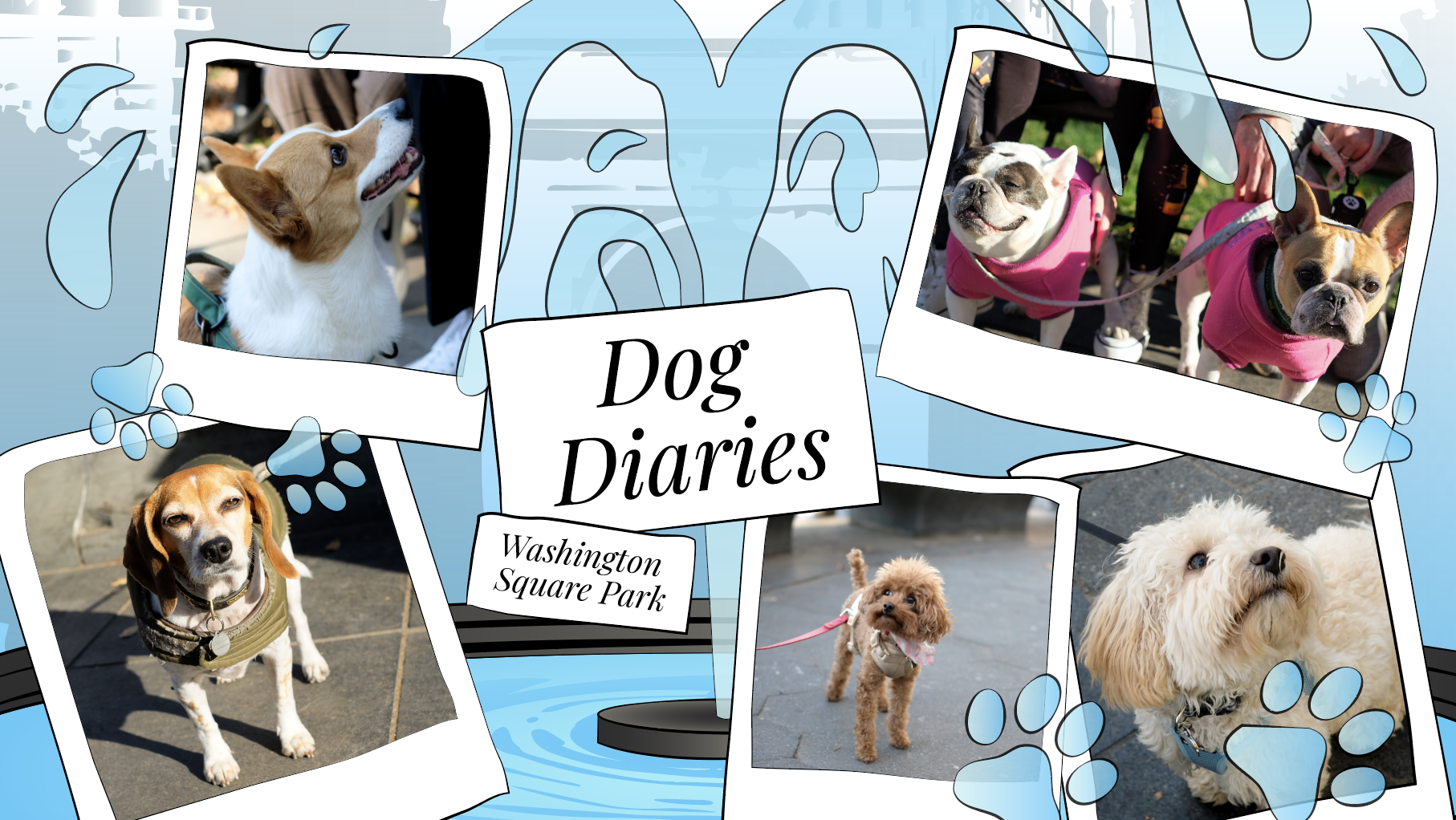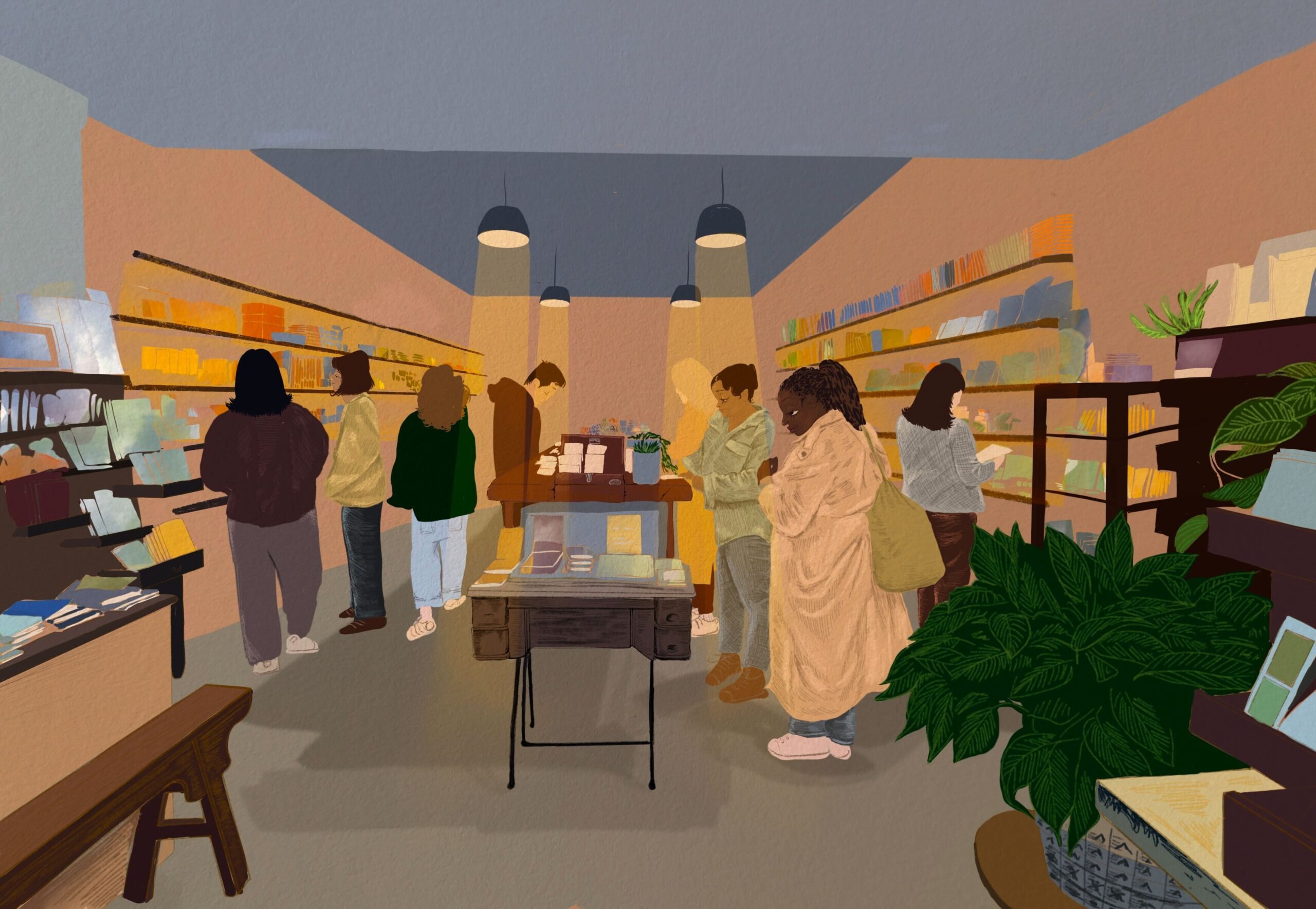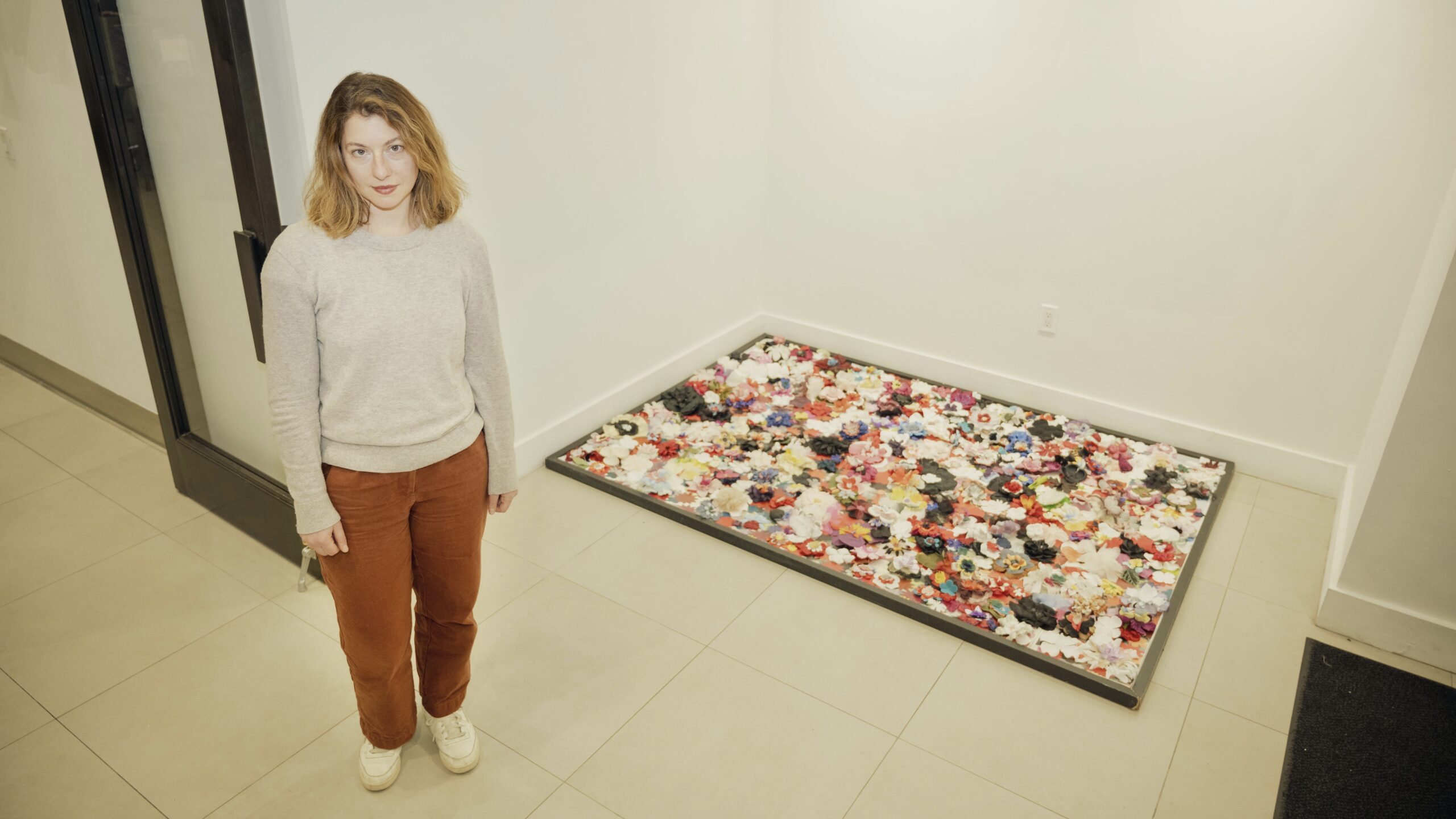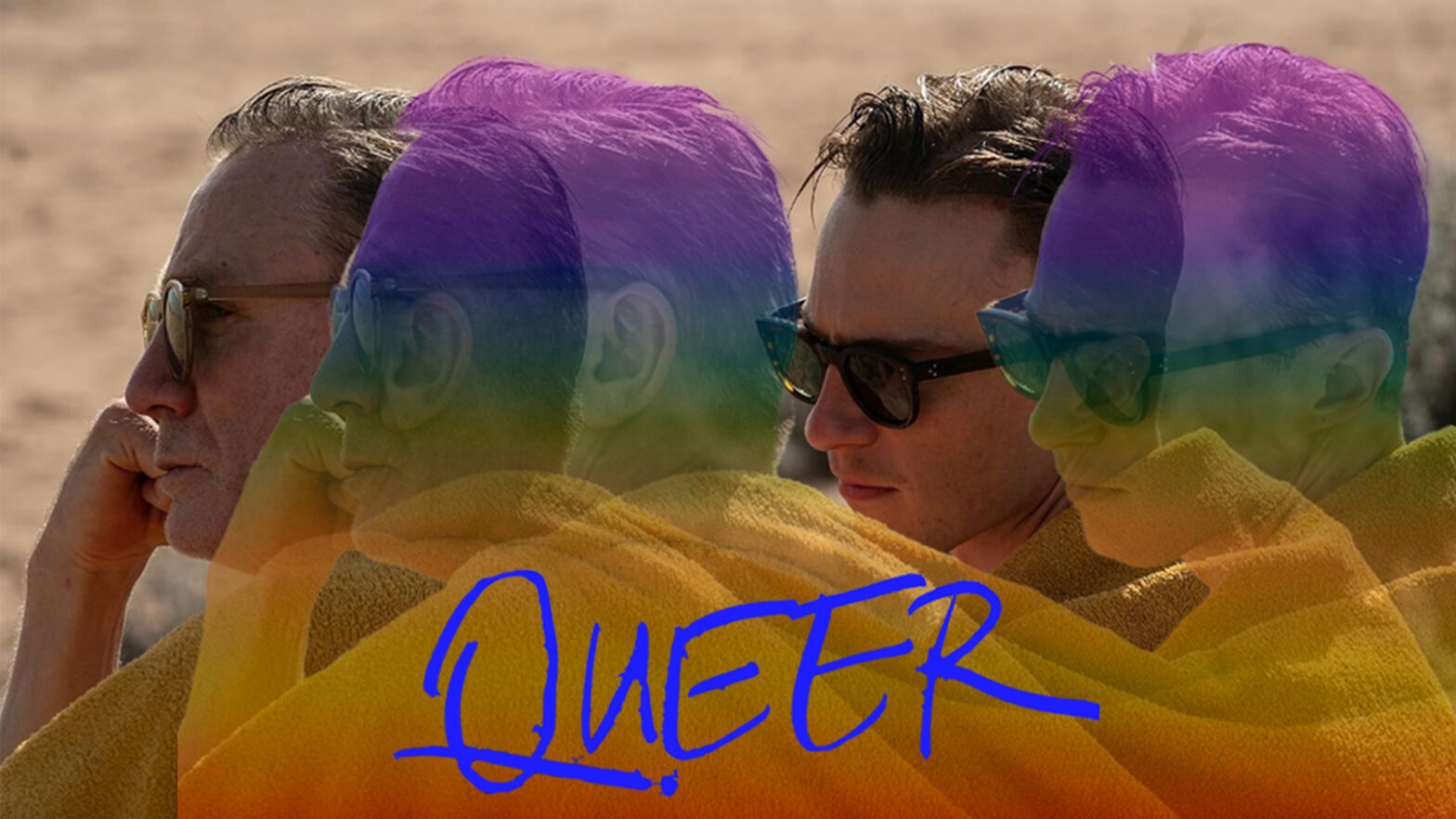A month ago I was in my apartment in Brooklyn, excited and determined to take on the world one photo essay at a time. Two weeks later I was isolated in my childhood bedroom in Pennsylvania, scrolling Twitter and wondering if I was waiting to die.
At first, New York didn’t seem to care. COVID-19 was something that was on the news, not in our faces.
It was business as usual: packed subways, in-person classes, stocked grocery stores.
Slowly and then not-so-slowly, the city started shutting down. I have lived here for three years, and this was the first time I had ever seen such stillness. It was a ghost town. As everything shut down, the bud grew into a full-blown panic. I was reading the news 24/7, checking Twitter, calling loved ones. It was all I could think about.
I realized I could actually die from this.
I have been living with an autoimmune disease, psoriatic arthritis, for almost eight years, re-learning how to live a life guided by medications, doctors, and the mind-numbing cycle of being sick but never fully recovered. The thing about arthritis is that, without medication, I am healthy, albeit the swollen joints and excessively dry skin making it seem like I’m not.
The medicine, which is necessary to my mobility, is an immunosuppressant: meaning it weakens my previously strong immune system.
COVID-19 terrified me. I tried to ignore it, watched about one and a half seasons of Criminal Minds in a day and deep cleaned my room about three times, but each time was drawn back to Twitter, to stay connected with the world as everything I had relied on in New York to feel normal was shutting down.
After days of radio silence, the U.S. finally declared a state of emergency, after world leaders had followed the same course of action. I was feeling safer. I assumed the rest of the world would be just as empathetic.
The majority of discourse I was seeing on social media, specifically Twitter, regarding this pandemic fell into two categories: mass hysteria and gross apathy. Both are ignorant. Both are ableist. Most importantly, both disregard those who will actually be affected by this virus, proving once again that the disabled community is the first to be disregarded in a crisis, and to that extent thought to be expendable.
And that is unacceptable.
More than seven percent of Americans (upwards of 23.5 million) live with an autoimmune disease, according to a 2017 report from Genetech, but not all take medications that make them immunocompromised. Some of their illnesses make them vulnerable as is. Autoimmune diseases only account for part of the group under the category immunocompromised, which includes people who are elderly, pregnant or smokers, or who live with other health complications such as HIV, cancer or lung disease, and many more.
A 2019 report from the Population Reference Bureau, puts the number of Americans over the age of 65 as 52 million.
The American Cancer Society estimates that there will be 1.8 million new cancer cases diagnosed or treated in 2020.
According to the Center for Disease Control, 34.2 million Americans smoked cigarettes in 2018, and more than 16 million lived with a smoking-related disease.
A 2015 report from the Johns Hopkins Berman Institute of Bioethics explains that the number of immunocompromised Americans isn’t an easy number to quantify, because there are so many diverse types. The report pulls numbers from each of the main classified groups, but even the author admits that it would be impossible to accurately count each person in this category, because there are just too many.
And the most common sentiment I have seen is, “Thank god it’s not us.”
From being apathetic to thinking COVID-19 is a form of population control or natural selection, to just flat out being misinformed, it is clear that many people have no idea how to deal with a global crisis that doesn’t inherently affect them.
We are the first to die and the longest to stay sick in a crisis like this, but Twitter would have you believe that everyone is to be laughed at for caring and vilified for taking precautions.
It is this misinformation that makes me scared to leave my room. The willingness some of my friends have to just buy a plane ticket because prices are cheap, coupled with the hoarding of necessary prevention resources and the inherent grit and grime of the New York City subways has left me paralyzed.
I am privileged in my ability to leave the city and keep myself safe, but there are so many like me that are in more dire situations who I cannot help.
The blatant refusal to self-quarantine if sick and the sheer lack of understanding of most basic hygiene makes me want to scream. The jokes and the memes and the blase way people are making this seem less important than it makes me want to cry until someone realizes that this isn’t just a Darwinist gameshow and that actions do indeed have consequences.
Here’s just one example of what an effective action can lead to: in a data visualization by the World Economic Forum in tandem with Statista, cases of COVID-19 dropped from 1,660 to 36 from February to March in Wuhan, China after a mass quarantine was imposed.
I have been weighing being an alarmist amongst peers against shoving the imminent threat of this virus down the throats of everyone I know, not wanting to stand on a soapbox and preach how this is the end of the world, but needing someone to understand that my life is quite literally at the mercy of the public.
This is why hand-washing and self-quarantining, and especially social distancing are so important. It limits the potential for disaster and allows people like me to continue to lead a safe life. It allows for places like grocery stores and food delivery, places that are integral to society in a pandemic of this scale, to remain open because there is the understanding that those who are sick are not in public. But that has not happened.
These aren’t just suggestions, they are protocols for a reason. If these protocols aren’t followed, a lot of people are going to be affected, and potentially die.
A data visualization from the Washington Post, demonstrating the fast progression of a virus through people who do not social distance, summed it up best: “That is math, not prophecy.”
To the people in my life making things as comfortable and easy for me as possible, I thank you. You mean more to me right now than I can put into words.
To those of you who want to make jokes, dismiss this threat as important, use it as a political pawn, or fear monger for the wrong reasons: do better. Be better. Realize that what you are doing has an impact, and it’s the wrong one. Realize that there are those who are truly suffering, or soon will be. I am limited in my capacity to help people because I myself need help. You have the power to do something about it.
You have the choice to stay healthy. I do not.
Don’t make the choice for me.

